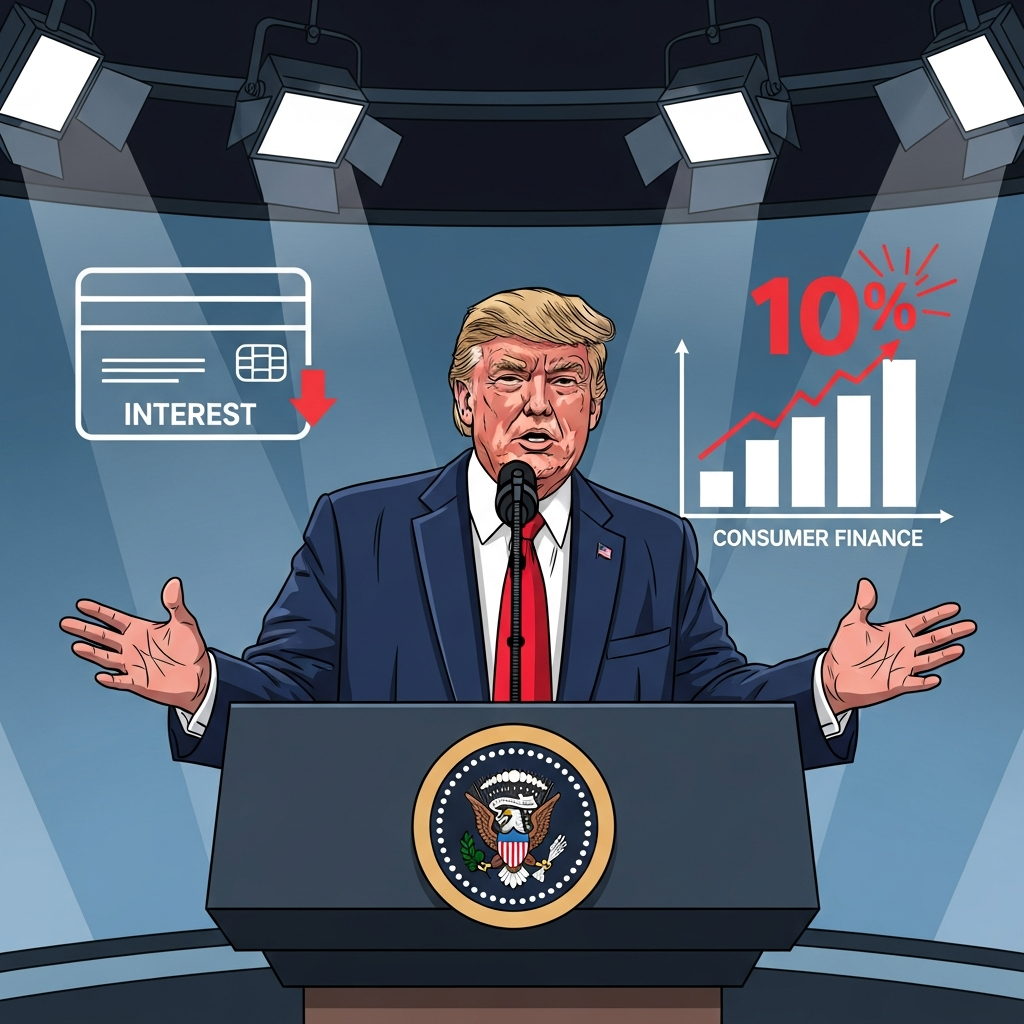Life often feels like an unpredictable game where even perfect moves don’t guarantee success. We put our best efforts forward, only for unforeseen circumstances – a sudden setback or an unexpected challenge – to seemingly multiply all our progress by zero. This inherent unfairness, where chance can disrupt even the most meticulously planned strategies, prompts us to ask: Can we categorize life’s varied challenges like different games, understand their underlying rules, and develop winning strategies to navigate them? This article delves into the intricate “games people play” – both literally and metaphorically – exploring how understanding human psychology, strategic thinking, and even the role of chance can empower us to master the complexities of life itself.
Unpacking Life’s Unpredictable Playground
Imagine life as a grand collection of “games,” each with its own set of rules, players, and probabilities. Some “games” are relatively straightforward, allowing us to predict outcomes just a move or two ahead. Think of a simple, deterministic puzzle where every action has a clear, foreseeable reaction. Yet, many of life’s most significant challenges resemble games ruled by chance, where despite flawless play, luck can still derail our progress. It’s this probabilistic nature that often leads to a sense of “unfairness,” placing life itself in the most challenging category of these games.
However, recognizing this inherent unpredictability isn’t a call for resignation; it’s an invitation to cultivate resilience and develop adaptable strategies. Viktor Frankl’s profound work, ‘Man’s Search for Meaning’, offers a powerful perspective here. As a Holocaust survivor, Frankl demonstrated that survival through extreme adversity isn’t solely about physical strength, but critically, about possessing a deep sense of purpose. This internal motivation becomes a vital tool in navigating life’s “unfair games,” providing an unwavering anchor when external circumstances seem intent on multiplying our progress by zero.
Decoding Human Interactions: The Mind Games We Play
Beyond external probabilities, a significant aspect of life’s complexity stems from the subtle, often unconscious “games” we play with one another. Psychiatrist Eric Berne, in his iconic book ‘Games People Play’, uncovers these hidden habits, different personas, and private secrets that shape human interaction. Recognizing these patterns in others, and in ourselves, becomes a valuable tool for self-protection and navigating social dynamics.
Understanding these “mind games” requires a deeper dive into human psychology. As Daniel Kahneman outlines in ‘Thinking, Fast and Slow’, our decision-making often operates on two distinct systems: one intuitive and emotion-driven, the other logical and deliberate. Becoming aware of which system is at play can dramatically influence our choices and reactions. Similarly, Richard Thaler’s ‘Misbehaving’ highlights how cognitive biases frequently lead people to deviate from logical reasoning, especially in financial decisions. By understanding these biases, we can either avoid their pitfalls or strategically leverage them in various real-world “games.”
Robert Greene’s ‘The Laws of Human Nature’ further illuminates recurring behavioral patterns, drawing on historical examples to reveal universal human tendencies. Meanwhile, Robert Cialdini’s ‘Influence’ meticulously outlines six core principles that drive persuasion, providing insights into how we are influenced and how we might influence others ethically. These insights, combined with Robert Sapolsky’s comprehensive explanation of human behavior in ‘Behave’—connecting brain biology, hormones, culture, and evolution—offer a robust framework for decoding the intricate psychological “games” that shape our daily lives. Philip Zimbardo’s ‘The Lucifer Effect’ adds another crucial layer, powerfully demonstrating how environments and power structures can profoundly alter individual behavior, challenging assumptions about inherent “goodness” and reminding us that circumstances can lead even “good” people to engage in harmful acts.
Enhancing Life Skills Through Strategic Play
The concept of “games” extends beyond mere metaphorical constructs; engaging in actual structured play can offer tangible benefits for personal development and skill acquisition. Tabletop role-playing games (TRPGs) like Dungeons & Dragons (D&D), for instance, have shown remarkable potential in boosting life skills, particularly for neurodivergent individuals. A study published in the journal Autism found that D&D provides a “life-changing space” for autistic players, offering clear guidelines that act as a “social lubricant” for developing crucial social skills like communication, compromise, trust, and understanding conflict. The ability for players to observe their own behaviors through their gaming characters, a phenomenon termed “bleed,” allows them to adopt beneficial traits from their game persona and apply them to “rewrite” their personal stories in real life. This highlights how formal “games” can be powerful tools for therapeutic development and skill acquisition, challenging the myth that autistic individuals lack social motivation or imagination.
Even traditional card games offer significant opportunities for developing strategic thinking and practical life skills. Games like Cribbage require players to strategically manage cards for scoring and anticipate opponent moves, while 500 Rummy sharpens risk-reward assessment due to the penalty for unmelded cards. More complex trick-taking games like German Whist demand card memory and tactical planning across two distinct phases. Even fast-paced “icebreakers” like Bunty improve reflexes and pattern recognition. For those interested in more aggressive strategy, Heads-up poker (a two-player variant) hones bluffing and reading opponents. These diverse card games, as detailed by tabletop game designer Sebastian Yūe, demonstrate how recreational activities can be potent training grounds for problem-solving, anticipation, and adapting to changing circumstances—skills directly transferable to life’s broader “games.”
Beyond entertainment, “games” are increasingly being leveraged in educational settings to help young people navigate complex decisions. University counsellors, like James Burnett at Hua Hin International School in Thailand, have found traditional information-dense sessions ineffective for students unsure of their academic paths. Instead, they employ innovative, interactive “games” to stimulate conversation and introduce research methods in a low-pressure environment. Activities like “Fantasy Island,” where students design their ideal university, encourage peer discussion, collaboration, and practical research skills using search engines and AI. Similarly, “Careering Around” uses whimsical careers quizzes combined with generative AI tools to prompt students to research university pathways. Even a “Game Night” focused on planning a weekend in a new city helps students practically prepare for the realities of university life, including budgeting and logistical planning. These “games” serve as engaging conduits for developing crucial life skills, making complex processes accessible and even enjoyable.
The Unseen Games: Society, Media, and Perception
In our modern world, the “games people play” also manifest prominently in social dynamics, particularly through the lens of media and public perception. The BET series “Games People Play,” for example, adapts Angela Burt-Murray’s novel to explore the complex, often deceptive lives of high-profile individuals. This suspenseful drama unveils the hidden challenges, infidelity, and personal costs behind seemingly perfect lives, challenging viewers to reconsider what “success” truly means.
Executive producer Tracey Edmonds highlights how the series delves into the pervasive nature of social media, exposing the “narcissism” it fosters and the “smoke and mirrors” image people meticulously curate online. The show starkly contrasts these polished public personas with the often-messy realities, reinforcing the idea that “all that glitters is not gold.” This cultural commentary connects directly to the original concept of life’s unfairness – that even when one appears to “win” the game of public perception, the hidden “cost” can negate all perceived progress. Understanding these societal “games” is crucial for navigating modern life, fostering critical thinking about appearances versus realities, and recognizing the true value beyond superficial triumphs.
Frequently Asked Questions
What are “games people play” in a psychological context?
In psychology, particularly influenced by Eric Berne’s book, “games people play” refer to subtle, often unconscious patterns of human interaction. These “games” are repetitive behavioral sequences that people engage in to gain a psychological advantage or fulfill an unspoken need, often involving hidden motives, personas, and secrets. Understanding these “mind games,” along with insights from cognitive psychology (like biases or decision-making systems), helps to decode complex human behavior and improve social dynamics.
How can understanding “life’s games” improve personal development or social skills?
Understanding “life’s games” can significantly boost personal development and social skills by providing frameworks for navigating challenges. Engaging in structured games, such as tabletop role-playing games like D&D, has been shown to improve communication, compromise, and self-esteem, especially for neurodivergent individuals, by offering a safe space to practice social interactions. Similarly, strategic card games like Cribbage or poker enhance critical thinking and adaptability. Educational “games,” as used in university counseling, can foster research abilities, collaboration, and practical life skills like budgeting and planning, preparing individuals for real-world scenarios.
Should we view life as an “unfair game,” and if so, how do we best approach it?
While life often presents itself as an “unfair game” where external factors and chance can negate progress, viewing it this way can be empowering rather than disheartening. The best approach involves cultivating resilience, as highlighted by Viktor Frankl, by finding purpose and meaning amidst adversity. Strategically, it means understanding the probabilistic nature of outcomes, developing adaptable strategies even for unforeseen setbacks, and focusing on what is within our control. By decoding human psychological patterns and leveraging “games” as tools for skill development, we can equip ourselves to navigate uncertainty and find meaning even when the “dice” don’t fall in our favor.
Conclusion
Life, in all its complexity, undeniably presents itself as a series of “games” – some predictable, many ruled by chance, and all profoundly shaped by human interaction. From the philosophical recognition of life’s inherent unfairness to the intricate psychological “mind games” we play, understanding these dynamics is paramount. By embracing the wisdom of psychological experts, actively engaging in strategic play, and critically analyzing societal “games” amplified by modern media, we gain invaluable tools. These insights empower us to not just react to life’s challenges, but to proactively strategize, build resilience, and ultimately, become more adept players in the grand, unfolding game of existence.



